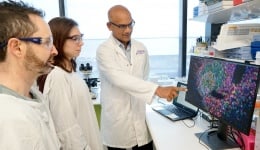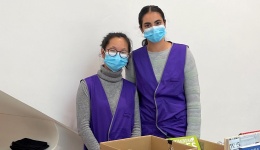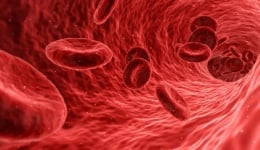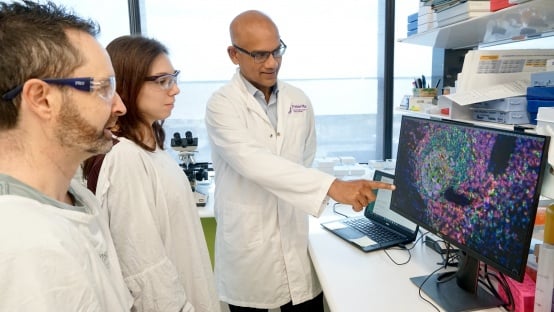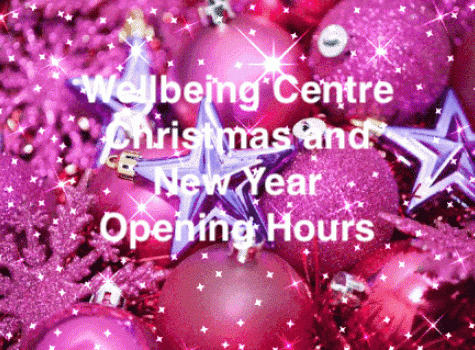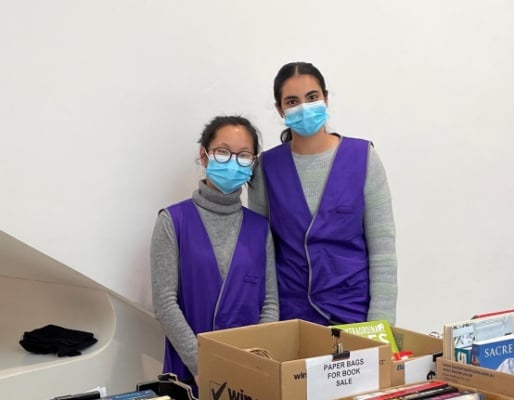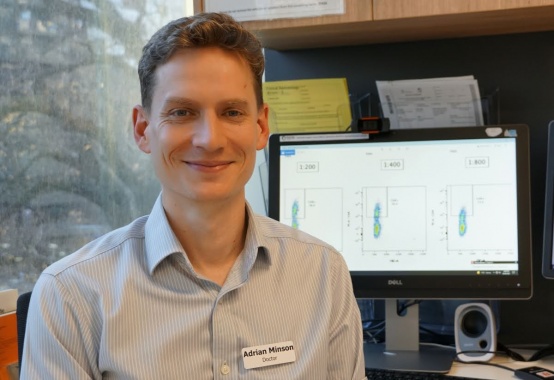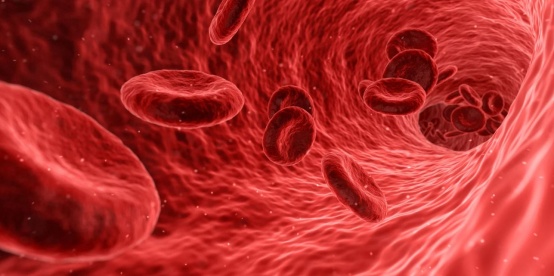“The American Society of Hematology (ASH) is the preeminent haematology conference in the world bringing together more than 20,000 clinicians and scientists to help improve our understanding of, and outcomes for patients affected by, blood diseases,” Professor John Seymour, Director of Haematology at Peter Mac and Royal Melbourne Hospital, said.
“In 2022, more than 50 presentations of research projects conducted by Peter Mac were showcased at this international meeting! This is a true testament to the calibre of our clinicians and researchers and the Haematology program overall.”
We share with you three of the impressive research projects presented by Peter Mac at this year’s ASH conference.
Uncovering what causes a rare haematology condition
Associate Professor Piers Blombery, Professor Graham Lieschke and their collaborators have identified a rare genetic cause of a haematology condition that causes high blood counts and early onset autoimmune disease.
A local patient that was being treated for their lifelong high white blood cell and platelet count coupled with many autoimmune diseases was analysed by the diagnostic molecular service at Peter Mac. This revealed that the patient had a mutation in a gene called SH2B3.
Piers and Graham teamed up with collaborators in the UK who had identified another patient with a similar syndrome. It was found that this patient also had a mutated SH2B3 gene. To demonstrate that the mutated SH2B3 gene was causing the disease, Graham’s team genetically altered zebrafish to carry the SH2B3 mutation. These gene-edited zebrafish developed similar blood count abnormalities as the two patients.
Based on an understanding of how the SH2B3 gene normally regulates blood cell production, these fish were used to test a potential drug treatment for the disease. The treatment worked effectively to normalise their elevated blood counts.
Piers, Graham and their collaborators have combined clinical and laboratory work to successfully identify the gene responsible for this very rare disease, find a potential treatment to help with the condition, and a way to identify future patients when they present with similar symptoms.
An effective combination treatment for relapsed or refractory mantle cell lymphoma
People with a rare form of B-cell lymphoma known as mantle cell lymphoma are incredibly difficult to treat when their cancer returns or doesn’t respond to treatment. This is especially true for mantle cell lymphoma patients that carry a mutated TP53 gene.
Dr Adrian Minson and Associate Professor Michael Dickinson initiated and led a trial to test a combination of two treatments, ibrutinib which works to stop the cancer growth and tisagenlecleucel, a CD19 CAR T-cell therapy that uses the patient’s own genetically modified T-cells to seek out and destroy cancer.
The combination treatment was very effective with 80 per cent of patients having no lymphoma at four months. Patients were followed for an average of 13 months and the majority were still in remission at twelve months.
Impressively a proportion of the patients had genetic mutations that put them at a high risk of relapse with other treatments. These patients did very well on the combination providing an effective treatment for those at greatest risk of relapse.
The combination treatment only needs to be taken for a short period of time, with tisagenlecleucel given as a single dose and ibrutinib given for approximately 6 months. Despite this, the treatment was effective at keeping the lymphoma in remission.
Reducing the risk of severe COVID-19 infections in our vulnerable cancer patients
Haematology nurse, Ashley Whitechurch, presented her research into the effectiveness of a treatment to prevent COVID-19 infections.
The pandemic left people with a blood cancer called chronic lymphocytic leukaemia (CLL) at risk of a severe COVID-19 infection because their cancer made the vaccination less effective.
To better protect these patients Peter Mac and Alfred Health ran a program to provide CLL patients with a COVID-19 preventative medication called Evusheld. A follow-on study was conducted to assess the effectiveness of this medication.
The preventative treatment was offered to 571 patients with 63 per cent of people taking up the offer. Only eight of the 236 patients in ongoing follow up were diagnosed with COVID-19 within 3 months of receiving Evusheld.
Overall, Evusheld was well tolerated with early rates of severe COVID-19 infection post administration appearing low.
